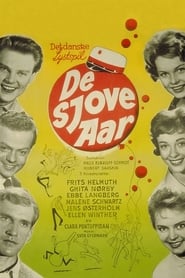detail profile klaus rifbjerg
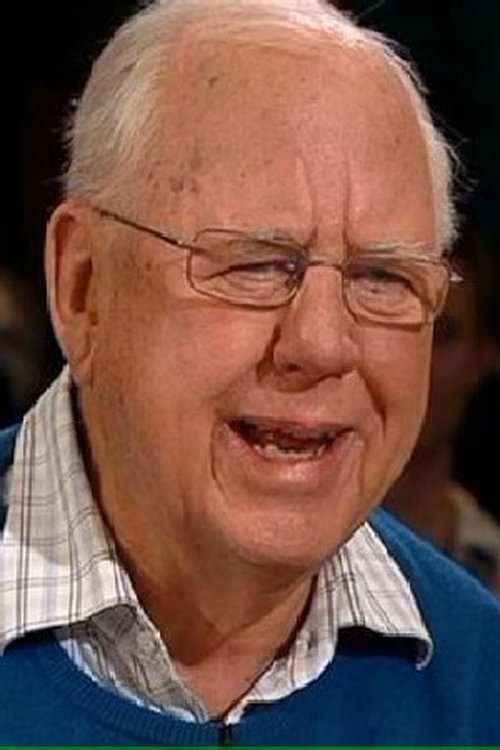
Riwayat Hidup
Klaus Rifbjerg (15 December 1931 – 4 April 2015) was a Danish writer.
He authored more than 170 novels, books and essays.
In 1965 he co-produced the film 4x4 which was entered into the 4th Moscow International Film Festival.
Rifbjerg was born in Copenhagen and grew up on the island of Amager, which is part of the city, the child of two teachers.
Later he studied English and literature, in Copenhagen and for a year in the US at Princeton University.
His breakthrough was in 1958 with the novel Den kroniske Uskyld.
It was made into a film in 1985, directed by Edward Fleming.
From that time on he published more than 100 novels as well as poetry and short story collections, plays, TV and radio plays, film scripts, children's books and diaries.
Rifbjerg is also known for having been a journalist and critic.
Along with Villy Sørensen, he was editor of the publication Vindrosen, and from 1984 to 1991 he was the literary director of Gyldendal.
Among other honors, he was awarded the Swedish Academy Nordic Prize (1999), known as the 'little Nobel'[citation needed]; The Nordic Council's Literature Prize (1970), the Rungstedlund Award (2009) and the grand prize of the Danish Academy (1966).
Rifbjerg has been seen as the first true modernist author in Danish, as he became increasingly more experimental though the 1960s, culminating with Anna (jeg) Anna.
Many of his works from 1970 and some 25 years on are seen as being looser in scope and composition, often humorous or sarcastic, often leaving the protagonist chaotically alone with his or her existential and psychological hangups, subtly exemplifying modernism as the breakdown of the normality of the bourgeoisie.
A principal theme is the portrayal of children and their difficulties establishing their own identity.
Rifbjerg's works from the 2000s opened a new line of inspiration: historic events.
On 4 April 2015 Rifbjerg died in Copenhagen after a long illness, aged 83.
Info Pribadi
Peran Yang Di Mainkan Klaus Rifbjerg
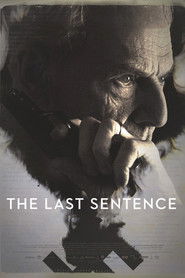 Renowned journalist Torgny Segerstedt declares war...
Renowned journalist Torgny Segerstedt declares war...The Last Sentence 2012
Renowned journalist Torgny Segerstedt declares war against Hitler as he criticizes Swedish politicians who tried to look away from the tyranny of the Nazis with the good excuse of “neutralism”. His only weapon is his pen and his life is full of gossip such as an affair with his boss’ wife, a love scandal with a secretary younger than his daughter, and the suicide of his wife. However, he continues to fight a one man battle against Hitler and the Nazi regime until his death, throwing the question “Can one person really change history?” to the audience.
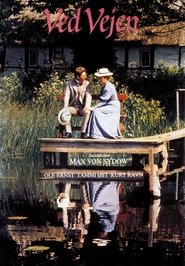 A new foreman Huus arrives in...
A new foreman Huus arrives in...Katinka 1988
A new foreman, Huus, arrives in a sleepy Danish village, much to the delight of the unmarried women there. However, Huus becomes very friendly with Katinka and her husband, Bai, the stationmaster. Katinka, childless and in frail health, gradually falls in love with Huus, though her husband does not seem to notice. Based on the work by Herman Bang.
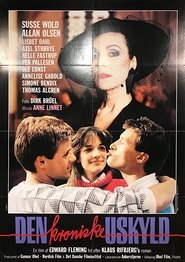 For Janus his friend Tore is...
For Janus his friend Tore is...The Chronic Innocence 1985
For Janus his friend Tore is his big ideal: pretty, intelligent and self-confident. Janus is grateful for his friendship even though he is considered the court jester. When Tore falls in love with the beautiful and sweet girl Helle, Janus accepts his role as their highly loved third party. Helle's fashionable mother, however, is a bit too interested in Tore. Written by Allan Simonsen
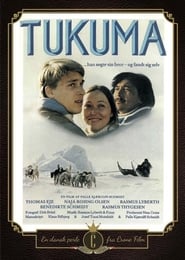 Stunning photography of icy tundra does...
Stunning photography of icy tundra does...Tukuma 1984
Stunning photography of icy tundra does not make up for dramatic weaknesses in this average story about a brother searching for clues to the death of his sibling in a forbidding environment. Erik (Thomas Eje) is newly divorced and a depressed, despairing man who arrives in Greenland after his brother died in a hang-gliding accident. He eventually moves in with an Inuit woman Soerine (Naja Rosing Olsen) and her son Nikki, whom Erik suspects is his dead brother's child. His search and suspicions are punctuated by other subsidiary, mini-dramas, and long, sweeping vistas of the ice-bound landscape.
 A documentary view of the Basque...
A documentary view of the Basque...Pelota 1983
A documentary view of the Basque ball-game in which a small hard leather ball is hit against a wall. The film gives an impression of the game itself and of those who play it, not only the star performers (and the myths that surround them), but also those who just play in the streets and alleyways. The film sees the game it its cultural context and conveys the emotions and stories that are peculiar to the Basque country.
 The Swedish 19th century engineer Salomon...
The Swedish 19th century engineer Salomon...The Flight of the Eagle 1982
The Swedish 19th century engineer Salomon August Andrée sets out to become the first man on the north pole. His idea is to launch a polar expedition using a hydrogen balloon, together with two friends. The balloon, "The Eagle", takes off from Svalbard in 1897, but the three men are not heard of again.
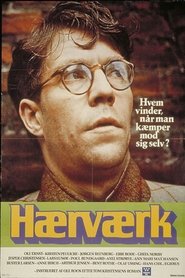 Based upon the novel Hrvrk by...
Based upon the novel Hrvrk by...Vandalism 1977
Based upon the novel "Hærværk" by Tom Kristensen about the self destructive person. The literary reviewer Ole Jastrau chooses to free himself from his well-ordered middle class life. He allow the seriously left-wing writer Steffensen move in with himself which soon causes disintegration of his home an marriage.
 A group of betteroff thirtysomethings meet...
A group of betteroff thirtysomethings meet...Weekend 1962
A group of better-off thirty-somethings meet for a weekend in Knud and Beth's home. The host couple is prone to bickering regularly. The married couples (Jan and Ilse, and Kjeld and Tove) that are visiting understand and try to stay out of the way. Bachelor Lars, however, comes into his own and is a constant source of provocative comments.
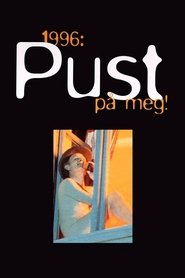 On a day in April 1996 four...
On a day in April 1996 four...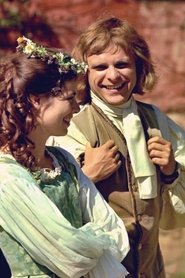
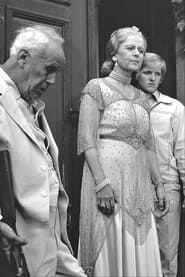
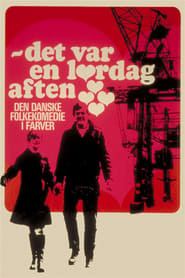
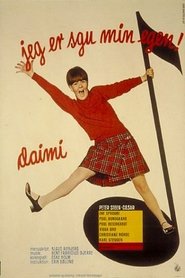
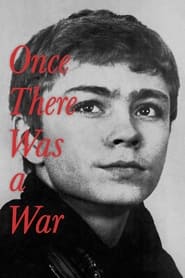 The film is a window into...
The film is a window into...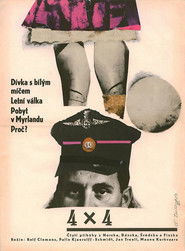 Four short stories from Norway Denmark...
Four short stories from Norway Denmark...